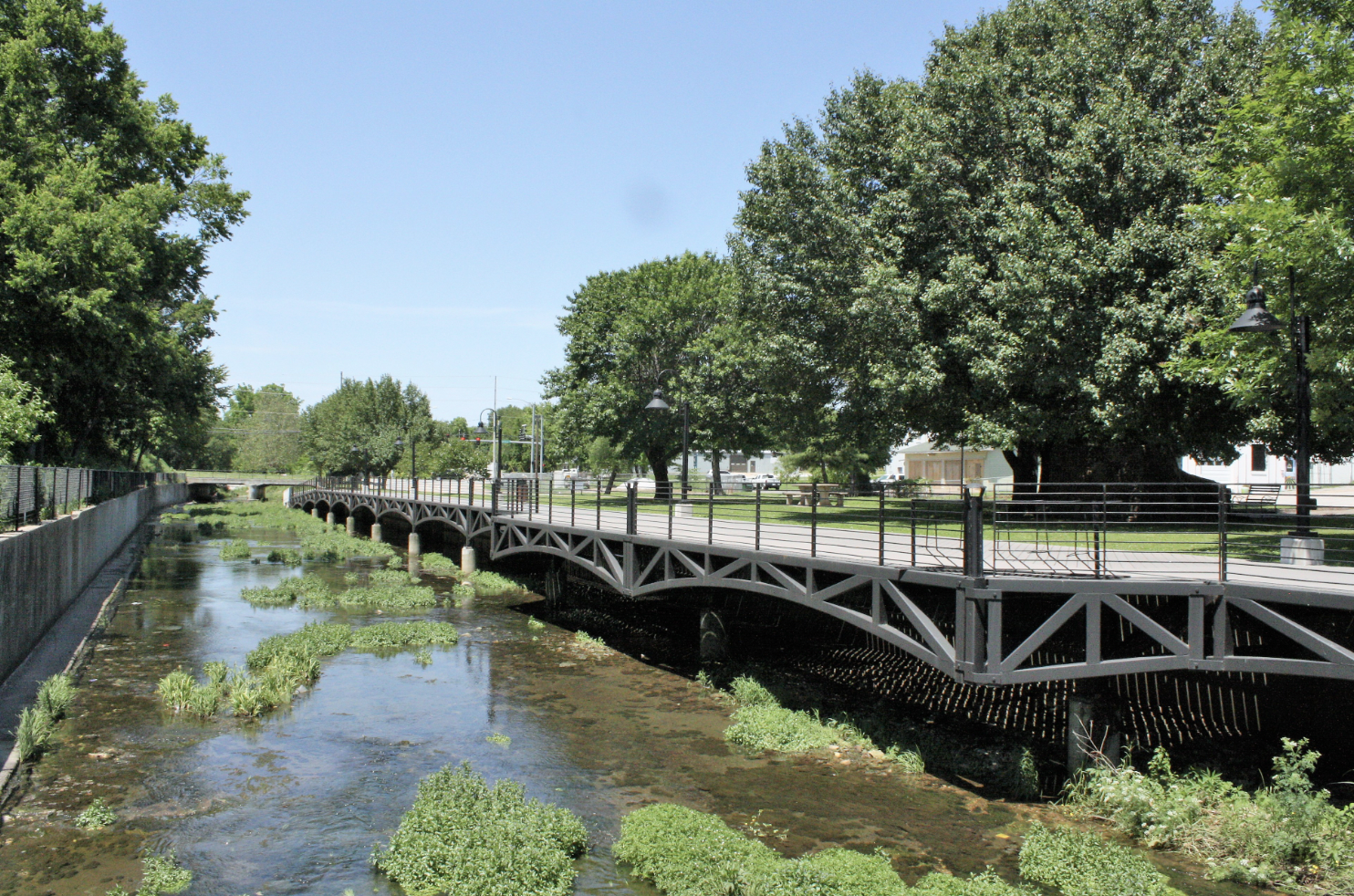Table of Contents
Springdale, Arkansas is at the center of flourishing Marshallese cultural engagement that serves to acknowledge the islands’ nuclear legacy.
Springdale, Arkansas, home to the largest Marshallese population outside of the Marshall Islands, is at the center of flourishing Marshallese cultural engagement that serves to acknowledge the islands’ nuclear legacy.
In 1944, The United States invaded the Marshall Islands, a chain of islands and atolls in the Pacific Ocean, taking over control from the Japanese forces occupying them. The U.S. proceeded to build bases there, and from 1946 to 1958, the U.S. conducted 67 nuclear weapons tests on the Islands. The explosions and their fallout displaced thousands of Marshallese people and led to profound health and environmental consequences.
The Executive Director of the Arms Control Association (ACA), Daryl G. Kimball, writes on their website:
“The U.S. nuclear test explosions totaled about 108.5 megatons, which is the equivalent of one Hiroshima-size bomb every day for 20 years and more than 100 times the total explosive power of all the atmospheric tests carried out at the Nevada Test Site. The nuclear tests caused severe and widespread fallout, including at levels that resulted in immediate, observable harm, such as hair loss, vomiting, diarrhea, and burning of the skin, and a greatly elevated longer-term cancer risk.”
In the late 1970s, John Moody came from the Marshall Islands to the U.S. to attend college in eastern Oklahoma. Eventually, he moved to Springdale, Arkansas to work for Tyson Foods, a large meat company headquartered there. In the years following his arrival to Springdale, a wave of Marshallese people migrated to northwest Arkansas due to Moody sharing the abundance of job opportunities at Tyson Foods. Since then, the population of Marshallese has grown to become the largest community of Marshall Islanders living outside of the islands, with 12,000-15,000 Marshallese individuals residing in Northwest Arkansas.
The settlement of Marshallese in the U.S. has been aided in large part by the 1986 Memorandum of Understanding (MOU) with the Republic of the Marshall Islands (RMI). This Compact of Free Association was initially formed to compensate citizens of the Marshall Islands for harms to property and people caused by the Nuclear Testing Program. Additionally, the agreement enabled the U.S. to have full control over defense and security of the islands in exchange for providing economic assistance to RMI citizens, as well as allowing them to travel, live, and work in the U.S. without visas. The agreement was renewed in 2004, and following intense negotiations to include more environmental, economic, and medical support, the MOU was extended by 20 years in 2023.
The Marshallese Educational Initiative (MEI) has been instrumental in making Springdale home for the thousands of Marshallese living there. MEI focuses on raising awareness of Marshallese history, culture, and the community’s unique nuclear legacy, while also promoting higher educational attainment. Working in collaboration with Marshallese community members and non-Marshallese educators, MEI helps individuals through empowerment programming such as translation/interpreter services, COVID-19 response and relief projects, women’s advocacy, The Songs of Our Atolls — a project that promotes elder knowledge sharing through songs and stories — along with other important programs. Their work has also been vital to influencing United Nations reports and resolutions, including Resolution 78/240, which calls for victim assistance and environmental remediation for States impacted by nuclear testing. MEI’s executive director, Benetick Kabua Maddison, spoke at the United Nations on the International Day for the Total Elimination of Nuclear Weapons in 2023, where he called for the total elimination of nuclear weapons and championed victim assistance and environmental remediation.
Every Memorial Day weekend, Springdale becomes the site of a large Constitution Day, or Jemenei Day, celebration. A national holiday in the Marshall Islands, Jemeni Day honors the Marshall Islands’ independence from the U.S., which they gained in May, 1979. MEI organizes a festival, sports tournaments, a Miss Jemeni Day pageant, and other celebratory events to commemorate their independence.
Other organizations, such as the Arkansas Coalition of Marshallese (ACOM) have worked to assist the local Marshallese population through cultural programming. The coalition hosts nuclear victim remembrance events and focuses on advocacy for the rights of Marshallese. Their initiatives include cultural trainings and leadership programs designed to share Marshallese culture with Arkansas and empower the local community. They are also responsible for Stroll the Atolls, an annual summer event in Springdale filled with engaging performances and activities that celebrate and bring attention to Marshallese culture. ACOM has also influenced policy changes to extend Medicare benefits to individuals residing in the U.S. under the Compact of Free Association. Previously, Marshall Islanders were ineligible for Arkansas’s Medicaid-funded private insurance coverage for those at or near the poverty level, and were additionally ineligible for Medicaid, even after five years of residency. Marshallese individuals could only qualify for Emergency Medicaid coverage if they met other eligibility requirements, such as income and employment history.
Along with advocacy movements, the arts have flourished in Springdale, acting as a vital way of connecting the community through creative expression. MARK Harmony, a Springdale-based Marshallese band, creates music in both English and Marshallese to promote and take pride in Marshallese culture.
News, and Other Relevant Links
Compact Agreements Finally Approved and Signed into Law
Arkansas Coalition of Marshallese (2024)
A New Island: The Marshallese in Arkansas
Arkansas PBS (2024)
Arkansas’ Marshallese community again eligible for SNAP benefits
Arkansas Advocate (2024)
This Arkansas Radio Station Became a Hub for People From the Marshall Islands
NBC News (2017)
Related Organizations and Resources

